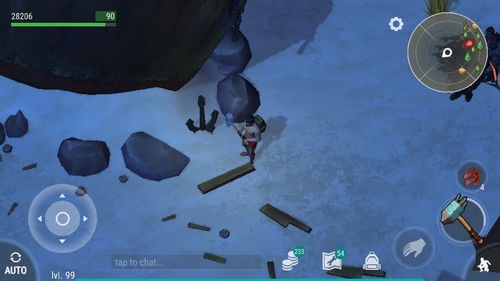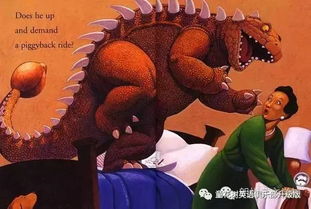
How Long Do Bug Bites Last?
Understanding the duration of bug bites can be crucial for managing the discomfort and potential risks associated with these common occurrences. Whether you’ve been bitten by a mosquito, a bed bug, or any other type of insect, knowing how long the bite will last can help you prepare for the symptoms and take appropriate measures to alleviate them.
Duration of Bug Bites

The duration of a bug bite can vary significantly depending on the type of insect and the individual’s reaction to the bite. Generally, the bite itself may last for a few hours to a few days, but the symptoms can persist for much longer.
| Insect | Duration of Bite | Duration of Symptoms |
|---|---|---|
| Mosquito | 1-2 days | 1-2 weeks |
| Bed Bug | 1-2 days | 1-2 weeks |
| Spider | 1-2 days | 1-2 weeks |
| Beetle | 1-2 days | 1-2 weeks |
As you can see from the table, the duration of the bite itself is relatively short, but the symptoms can last for several weeks. This is because the body’s immune response to the bite can cause inflammation and itching, which can persist even after the bite has healed.
Factors Affecting Duration

Several factors can influence the duration of bug bites and their symptoms:
- Insect Type: Different insects have different saliva compositions, which can lead to varying reactions in humans. For example, mosquitoes are known for their anti-coagulant saliva, which can cause more severe swelling and itching.
- Individual Reactions: Some people may have a more severe allergic reaction to bug bites than others. This can lead to prolonged symptoms and a longer healing time.
- Location of Bite: Bites on sensitive areas, such as the face or genitals, may take longer to heal and cause more discomfort.
- Hygiene: Keeping the bite clean and dry can help prevent infection and reduce the duration of symptoms.
Managing Bug Bites

Here are some tips for managing bug bites and their symptoms:
- Cool Compress: Applying a cool compress to the bite can help reduce swelling and alleviate itching.
- Antihistamines: Over-the-counter antihistamines can help reduce itching and inflammation.
- Topical Creams: Topical creams containing hydrocortisone or calamine can help soothe the skin and reduce itching.
- Keep the Bite Clean: Gently wash the bite with soap and water to prevent infection.
- Avoid Scratching: Scratching can lead to infection and prolong the healing process.
In some cases, if the symptoms are severe or if you notice signs of infection, such as increased redness, swelling, or pus, it’s important to seek medical attention.
Preventing Bug Bites
Preventing bug bites is always better than dealing with the aftermath. Here are some tips for preventing bug bites:
- Use Insect Repellent: Apply insect repellent containing DEET or picaridin to exposed skin and clothing.
- Wear Long-Sleeved Clothing: When possible, wear long sleeves and pants to cover your skin.
- Stay in Air-Conditioned or Screened Areas: Insects are less likely to enter these areas.
- Remove Standing Water: Insects, especially mosquitoes, breed in standing water. Empty containers, birdbaths, and other sources of standing water.
- Keep Your Home Clean: Regularly




